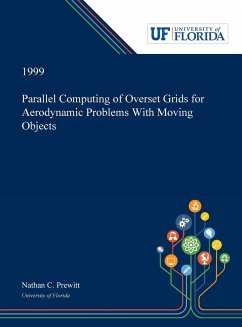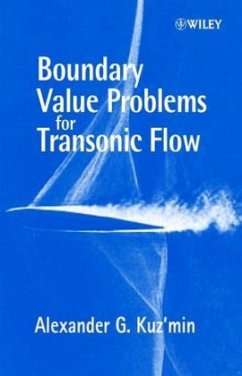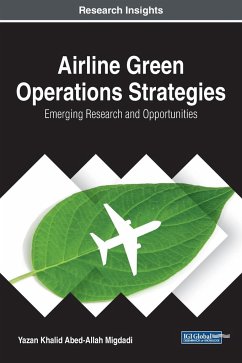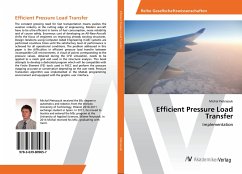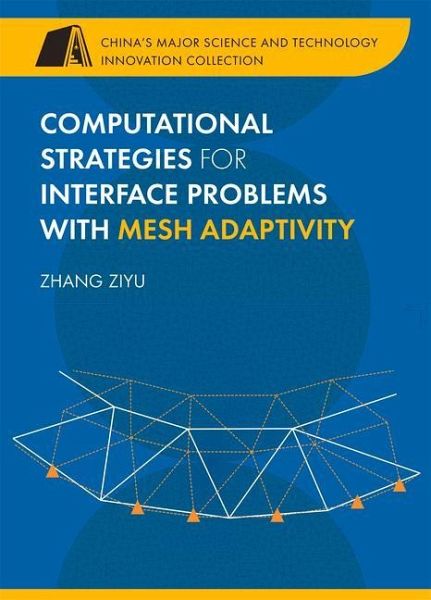
Computational Strategies for Interface Problems with Mesh Adaptivity
Versandkostenfrei!
Nicht lieferbar
This book addresses interface problems simulated with the finite element method (FEM) with mesh adaptivity. More specifically, we concentrate on the strategies that adaptively modify the mesh and the associated data transfer issues. In finite element simulations there often arises the need to change the mesh and continue the simulation on a new mesh. Analysts encounter such an issue when they adaptively refine the mesh to reduce the computational cost, smooth distorted elements to improve system conditioning, or introduce new surfaces and change the domain in simulations of fracture problems. ...
This book addresses interface problems simulated with the finite element method (FEM) with mesh adaptivity. More specifically, we concentrate on the strategies that adaptively modify the mesh and the associated data transfer issues. In finite element simulations there often arises the need to change the mesh and continue the simulation on a new mesh. Analysts encounter such an issue when they adaptively refine the mesh to reduce the computational cost, smooth distorted elements to improve system conditioning, or introduce new surfaces and change the domain in simulations of fracture problems. In such circumstances, the transfer of data from the old mesh to the new one is of crucial importance, especially for nonlinear problems. We are concerned in this work with contact problems with adaptive re-meshing and fracture problems modeled with the extended finite element method (X-FEM).




